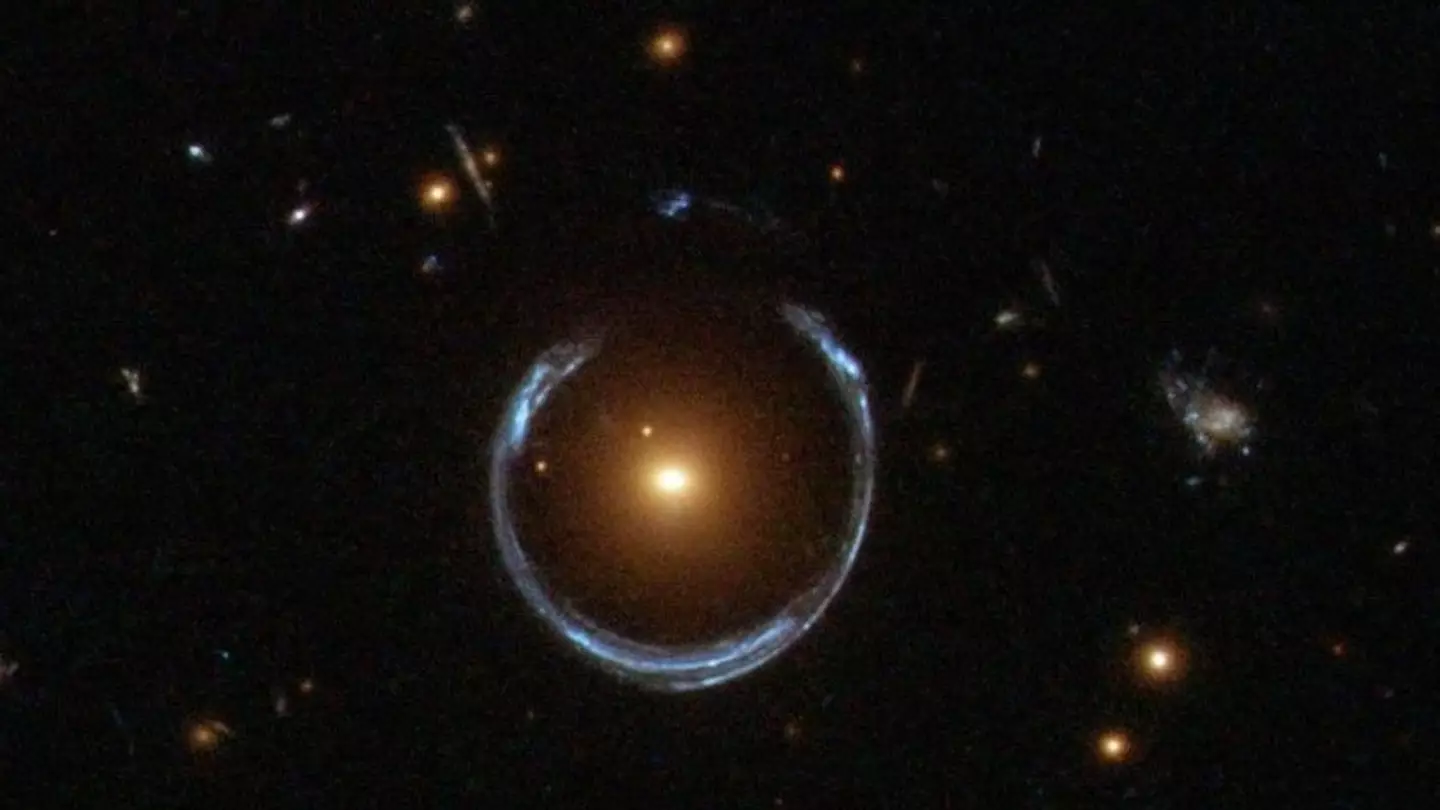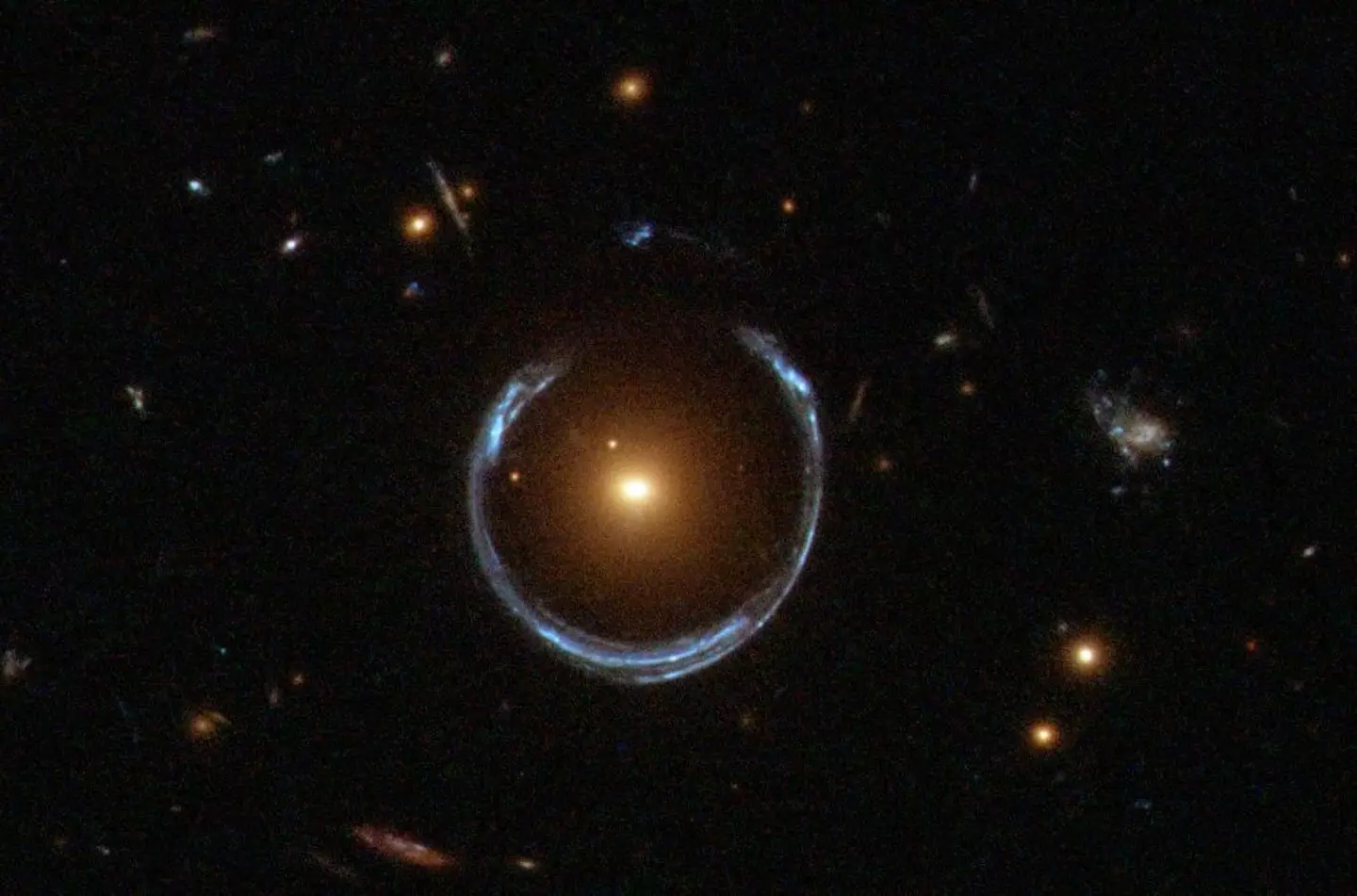
A team of scientists have said they think they've discovered 'potentially the most massive black hole ever detected' in the universe.
The University of Portsmouth's Institute of Cosmology and Gravitation and the Universidade Federal do Rio Grande teamed up to observe the gargantuan feature of space.
Researchers suggest it could be as many as 10,000 times heavier than the black hole which sits at the centre of our own galaxy, the Milky Way, and could be about as big a thing as the universe would allow.
If you were wondering how big that might be compared to an object in our solar system, this possibly-biggest ever black hole is estimated to be about 36 billion times the mass of our own sun.
Advert
For comparison, the black hole at the centre of the Milky Way is about four million times bigger than our sun.
In other words, it's exceedingly large indeed.
.jpg)
Scientists believe that every galaxy in the universe has a supermassive black hole at the centre and the bigger galaxies might even have something larger than that, an 'ultramassive black hole'.
This one exists in a galaxy we call the 'Cosmic Horseshoe' on account of it being so darn large that it warps light of it and another galaxy into a horseshoe shape.
A galaxy that large would need a ginormous black hole, and the researchers reckon the one they've just discovered is an all time champion.
Thomas Collett, Professor of Astrophysics at the University of Portsmouth, said: "This is amongst the top 10 most massive black holes ever discovered, and quite possibly the most massive.
"Most of the other black hole mass measurements are indirect and have quite large uncertainties, so we really don't know for sure which is biggest. However, we’ve got much more certainty about the mass of this black hole."

Using gravitational lensing and stellar kinematics (studying how stars move in galaxies) the scientists were able to study what might be the biggest black hole ever.
Professor Collett said: "We detected the effect of the black hole in two ways – it is altering the path that light takes as it travels past the black hole and it is causing the stars in the inner regions of its host galaxy to move extremely quickly - almost 400 kilometres per second.
"By combining these two measurements we can be completely confident that the black hole is real."
Fortunately we're much too far away to be caught in the pull of the Cosmic Horseshoe black hole, since that galaxy is about five billion light years away, meaning that if you were there and looking back at Earth you couldn't see it because our planet didn't exist yet.
Now the researchers are hoping to use what they've learned to find other black holes.